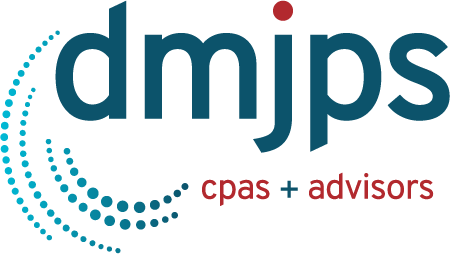 On September 14, 2023, the IRS announced that it is halting new Employee Retention Credit (ERC) processing requests and will provide tougher review of the estimated 600,000 ERC applications currently in its queue due to the large number of fraudulent claims it has received.
On September 14, 2023, the IRS announced that it is halting new Employee Retention Credit (ERC) processing requests and will provide tougher review of the estimated 600,000 ERC applications currently in its queue due to the large number of fraudulent claims it has received.
The IRS has continually warned employers about aggressive marketing scams leading the IRS Commissioner Danny Werfel to say ‘We are taking these dramatic steps because the IRS is increasingly alarmed about honest small-business owners being scammed by unscrupulous actors.
Employers should be wary of government-appearing letters, texts, emails, phone calls, radio, TV, and social media advertisements that advise them of their ERC eligibility and encourage them to apply. ERC requests can only be claimed on original or amended federal employment tax returns and the IRS encourages applicants to use trusted tax advisors to determine eligibility. Improper claims must be paid back with possible penalties and interests.
Already the IRS has referred thousands of ERC claims to be audited and hundreds to be criminally investigated. Presently, the IRS is allowing employers who think they no longer qualify for ERC and have pending claims, to withdraw their requests and repay funds received.
According to the IRS, here are ERC eligibility highlights:
“The credit is available to eligible employers that paid qualified wages to some or all employees after March 12, 2020, and before January 1, 2022. Eligibility and credit amount vary depending on when the business impacts occurred. The ERC is not available to individuals.
Generally, businesses and tax-exempt organizations that qualify are those that:
- Were shut down by a government order due to the COVID-19 pandemic during 2020 or the first three calendar quarters of 2021, or
- Experienced the required decline in gross receipts during the eligibility periods during 2020 or the first three calendar quarters of 2021, or
- Qualified as a recovery startup business for the third or fourth quarters of 2021”.
Also, qualified wages must have been paid by the employer and not received through PPP loans or other ineligible funding.
The IRS continues with its warning of the following:
- “Unsolicited calls or advertisements mentioning an “’easy application process.”
- Statements that the promoter or company can determine ERC eligibility within minutes.
- Large upfront fees to claim the credit.
- Fees based on a percentage of the refund amount of Employee Retention Credit claimed. This is a similar warning sign for average taxpayers, who should always avoid a tax preparer basing their fee on the size of the refund.
- Preparers seeking anonymity by refusing to sign the ERC return being filed by the business as well as supplying their identifying information and a tax identification number. Similar to “ghost preparers,” this limits the risk to just the taxpayer claiming the credit.
- Aggressive claims from the promoter that the business receiving the solicitation qualifies before any discussion of the group’s tax situation. In reality, the Employee Retention Credit is a complex credit that requires careful review before applying.
Unscrupulous promoters may lie about eligibility requirements, including refusing to provide detailed documents supporting their computations of the ERC. In addition, those using these companies could be at risk of someone using the credit as a ploy to steal the taxpayer’s identity or take a cut of the taxpayer’s improperly claimed credit.”
For more information, employers can refer to this IRS website page or contact DMJPS.
